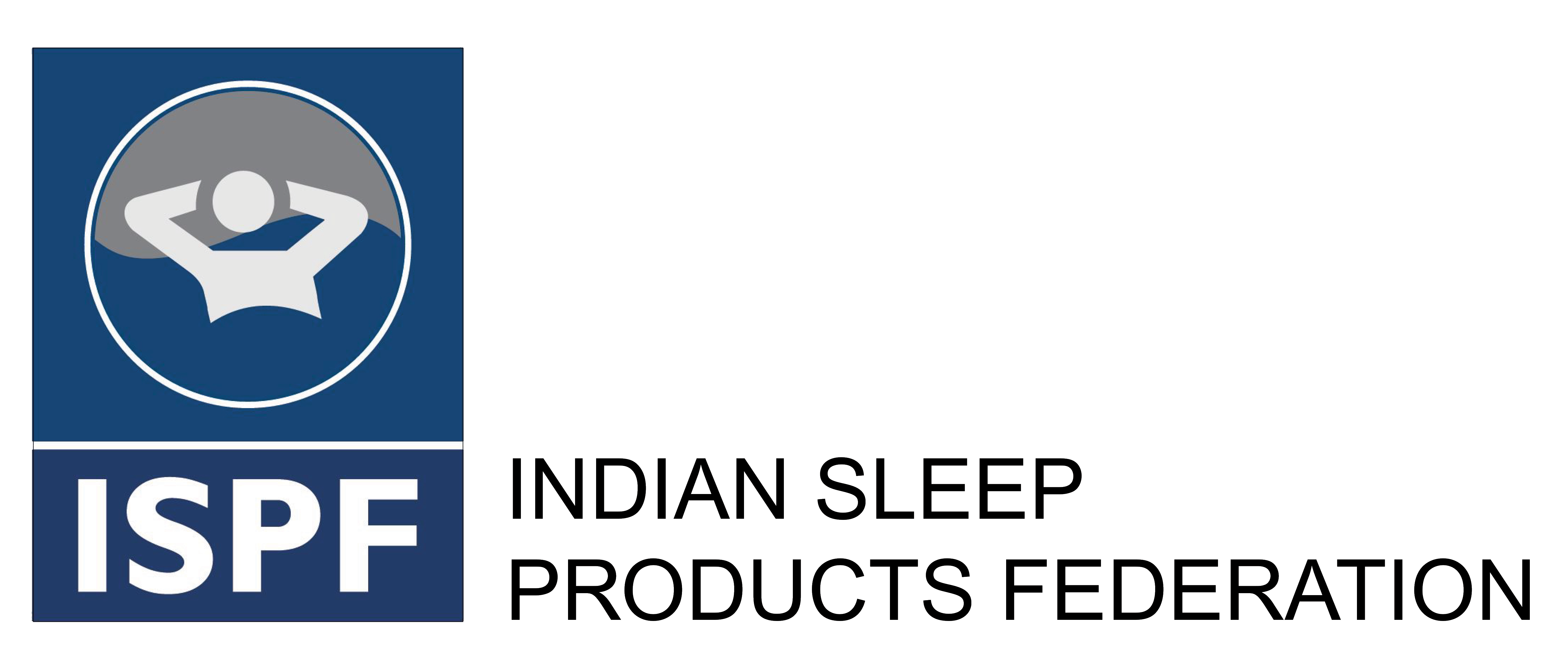
For many decades the medical community has neglected that sleep deprivation can contribute to disease and cost society billions of dollars, a recent New Yorker magazine piece noted. Such sleep problems can lead to a major health issue if the importance of sleep is not understood.
Sleep is vital, often neglected, and it may lead to various health issues. Sleep is important because it enables the body to repair and be fit and ready for another day. Getting adequate rest may also help prevent excess weight gain, heart disease, and increased illness duration.
In addition to bringing sleep awareness among the public, it is necessary to make the medical community understand the problems related to sleep and the importance of a sleeping surface. The sleep Health sector needs a trained and skilled workforce. In this endeavour, many healthcare institutes have been working to sensitize Medical students about sleep and its benefits.
This article has many opinions collected from medical practitioners on the importance of sleep and sleeping surface. Excerpts:
“Over the past year, we have gradually improved the awareness about sleep problems not only amongst the general public but also in the medical community. Most of us hesitate to talk about our sleep problems and are particularly embarrassed if we always snore or feel sleepy. These problems can lead to reduced efficiency at work and work-related or motor vehicle accidents. If untreated, in the long term, this could also lead to complications like heart diseases, stroke and high blood pressure.”
I usually recommend patients to take 7-8 hours of proper bed rest. In the changing scenario, in general, using foam mattresses are better. However it depends on the kind of people who are using mattress, they can use other mattress as well like spring, coir, air bed and water bed. I suggest people to use mattress which provide ideal sleeping surface and to use medium pillows.
DR N.RAMAKRISHNAN, Director, Nithra Institute of Sleep Sciences
“We have to wake up the government on the economic burden of drowsy driving. The Ministry of Education should include topics on sleep health in the school curriculum. Let us make it routine to spread the importance of sleep health in all available social gatherings. Do not sacrifice your sleep for pleasure and mobile games. Sleep is the biggest pleasure nature has given us.”
DR HRUDANANDA MALLICK, President, Indian Society for Sleep Research (ISSR)
“Inadequate sleep leads to obesity, heart disease, diabetes, shortens one’s life expectancy and several other mental and health concerns. In recent years, owing to our lifestyle, sleep deprivation has been a rising medical concern. As a sleep specialist, I see several children – our nation’s future, suffering from varied health issues owing to the negligence of a good sleep routine. A child needs 10 to 12 hours of continuous sleep, rather than multiple naps, by the age of two. And it’s up to us as parents to ensure that we facilitate a good sleep routine for ourselves as well as our children.”
DR. VIVEK NANGIA, Head and Director of pulmonary critical care and sleep medicine, Fortis hospital
“As a universal law, I usually recommend patients to take 7-8 hours of proper bed rest. In the changing scenario, in general, using foam mattresses is better. However it depends on the kind of people who are using mattresses, they can use another mattress as well like a spring, coir, air bed and water bed. I suggest people use mattresses which provide an ideal sleeping surface and to use medium pillows.“
DR PAVITRA HIREMATH, Gynaecologist & Obstetrician
“Sleep is like a save button. Whatever info is assimilated by the mind, sleep keeps all the important info and removes the junk. Sleep plays a vital role in good health and well-being throughout our life and is essential for the restoration of body and mind. Serious sleep disorders have been linked to hypertension, increased stress hormone levels, irregular heartbeats and accidents while driving or at the hospitals. The sleeping surface should be comfortable for a person to sleep. Every person’s body is unique and thus, they require a mattress that is comfortable for their body. There are new kinds of mattresses available in the market that will help in better support for the back. However, it primarily depends upon what kind of a surface people prefer in mattress for sleeping on.”
Dr Manveer Bhatia, Senior Neurologist and Sleep Specialist, New Delhi.
“The term ‘cognition’ refers to various higher mental processes, which allow us to attend, perceive, think, remember, solve problems, use language, imagine and plan ahead in everyday life. Sleep has far-reaching effects on cognitive performance. There is evidence to suggest that insufficient sleep leads to a general slowing of response speed and increased variability in performance, beginning with difficulties with alertness, attention and vigilance. In addition to this, mounting evidence suggests the role of emotion in cognition and how sleep deprivation affects cognitive systems that rely on emotional data”.
Dr Rajkumari P. Reddy, Clinical Psychology Department, NIMHANS advises to people for a peaceful sleep every night.
- Lie down to go to sleep ONLY when you feel sleepy
- Use a comfortable bed and pillow, with low lighting, comfortable air circulation and temperature. Do not use your bed for other ‘waking’ activities like eating, watching TV or working.
- Establish some ‘sleep routines’ – e.g., a bath, music, mug of warm milk, changing into night clothes, reading a book.
- Get up at about the same time every morning (7 days a week), regardless of when you went to bed, and how long you slept. This helps set circadian rhythms.
- Do some form of relaxation each day, but work out your best time for it (just before bedtime can make you alert & less sleepy!) – Meditation, relaxation tape, yoga, breathing exercises
- Exercise and physical activity, particularly early in the day, helps to reset the body clock and enhance deep sleep.
- If you are having trouble getting to sleep at night, try not to nap during the day. Especially avoid napping later in the afternoon. If you do strongly feel the need for a nap, restrict it to no more than 30 minutes.
Sleep is like a save button. Whatever info is assimilated by the mind, sleep keeps all the important info and removes the junk. Serious sleep disorders have been linked to hypertension, increased stress hormone levels, irregular heartbeats;and accidents while driving or at the hospitals.

